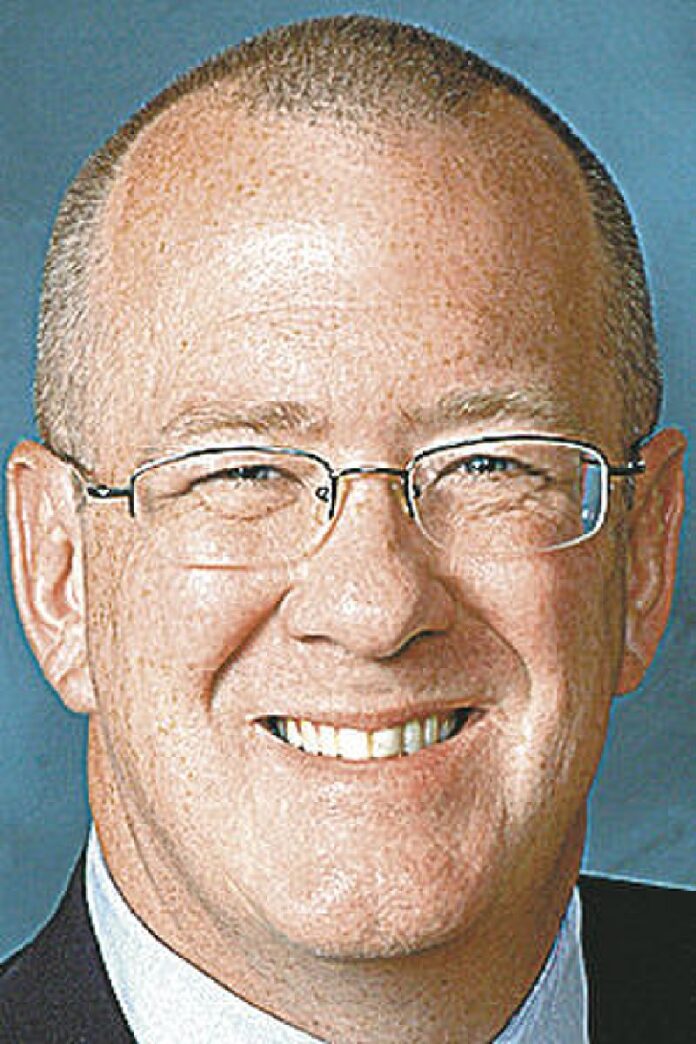The nation’s monthly jobs report published last week was jarring.
Monthly job losses are sure to crush the previous record of September 1945. Despite this, it is worth noting that September 1945 was surely the most welcomed month in all of human history, marking the end of World War II. We would be wise to view the unemployment rate and other short-term economic data as imperfect measures of human flourishing.
Last week, Dr. Anthony Fauci, a man who no longer requires introduction, predicted 100,000 to 200,000 deaths from COVID-19. This eye-popping figure accounts for the extreme measures now being taken in many parts of the nation. Business as usual would’ve likely resulted in a tenfold loss of life. Faced with these large numbers, we need to place a more personal context on this tragedy, and muse upon the potential change this will lead to in our economic lives.
At the top range, Dr. Fauci’s estimates are more than five times the annual American deaths from automobile accidents. This means that by late April, nearly every adult will know someone who has died of COVID-19, and someone in every neighborhood, school and place of work will have been sick with it. Such suffering cannot fail to have broad effect on the structure of our economy.
Like Americans in the Civil War and both world wars, COVID-19 imposes sacrifice upon nearly everyone. This is far different from 9/11 or other recent shocks. Today, we face weeks, if not months, of home isolation. The risk of spreading the disease will influence matters great and small in all our lives. As an economist, I see several things open to meaningful change.
Federalism has been too ignored in American politics and budgeting. I’ve long argued that state and local governments are more critical to securing the general welfare than is the federal government. This crisis makes that clear. Likewise, the role of the presidency has grown too strong, and it must be limited by Congress. Whatever else his flaws, Donald Trump provides a singularly exquisite example why we need to devolve power away from the federal government and place more limits on the presidency.
Our wisdom on state and local budgets will also evolve. Many state and municipal governments pursued low tax rates as a source of enduring prosperity. COVID-19 reveals new unfunded liabilities in state and local governments who believed in error that their low tax rates marked them as fiscally responsible. Today, millions of students nationwide are out of school with no meaningful instructional alternative because the schools couldn’t afford to buy enough computers.
COVID-19 also uncovered more than the usual bureaucratic problems. The Food and Drug Administration is an agency begging to be entirely reworked, preferably into a not-for-profit like Underwriters Laboratories. Likewise, states now scramble to undue licensing restrictions on health-care workers and foreign physicians. These should be permanently undone.
We will also find that many neglected social institutions matter more deeply to our lives than most of us expected. The disoriented feeling that grips so many of us today is nearly identical to what I felt as a young soldier heading to war. My comrades and I had only days to prepare, possessed little idea of what to expect and had no idea when it would end. We depended on one another, more than at any time in our lives. Strong social institutions haven’t been this important to the well-being of Americans in almost 80 years.
I have been watching COVID-19 since early January as it threatened domestic manufacturing production. The only enduring feature of the past three months is that the outlook worsens every day. As that continues, nearly every institution, every government, every business and every family will be affected. One day, the outlook will be better, and we can look forward past these tough days. Then, we must be introspective. The changes this disease brings will be crafted by us, for good or ill.
Michael J. Hicks is the George & Frances Ball Distinguished Professor of Economics and director of the Center for Business and Economic Research and professor of economics at Ball State University.
Michael J. Hicks, PhD, is the director of the Center for Business and Economic Research and the George and Frances Ball distinguished professor of economics in the Miller College of Business at Ball State University. His column appears in Indiana newspapers. Send comments to [email protected].




